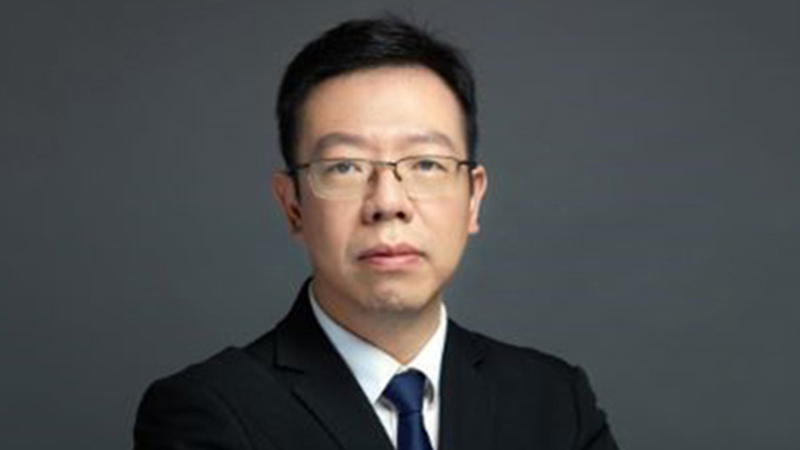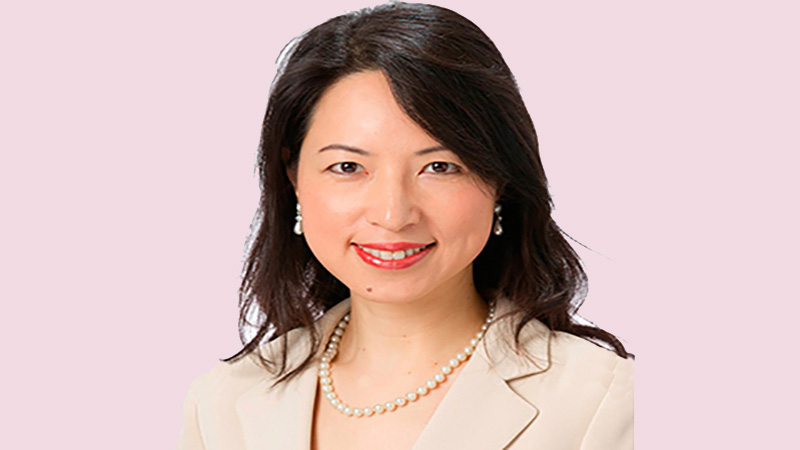中国房地产将在4年内超过欧洲
2018-08-06 11:05:16 来源:财视中国


Peter Verwer
首席执行官
APREA
【嘉宾简介: 毕韦德先生(Peter Verwer)现为亚太房地产协会(APREA -Asia Pacific Real Estate Association Limited)的首席执行官。毕韦德先生目前首要的工作集中於中国和印度两地,随著经济的可持续性发展,协助推动发展现代化房地产投资信託基金、跨境金融制度和国际税务改革几个不同的课题。加入APREA之前,毕韦德先生於澳大利亚不动产协会(Property Council of Australia)服务长达20年,并为机构的首席执行官。此外,他并参与及主持:澳大利亚及新西兰政府的联合反恐委员会商务咨询小组;澳大利亚宜居住房(Livable Housing Australia)及澳大利亚的建築预测委员会(Construction Forecasting Council)。2011年毕韦德先生获澳大利亚政府委任为六位伤残社区大使之一,并曾主持澳大利亚政府发展评估论坛及其他澳大利亚政府部长级顾问委员会,包括城市政策论坛和澳大利亚统计谘询委员会。此外,毕韦德先生亦出任不同公职,包括澳大利亚绿色建築委员会,澳大利亚可持续建築环境委员会,澳大利亚工料测量师学会,皇家特许测量师学会及澳大利亚公司董事学会等。另外,他亦是澳大利亚本土实习计划CareerTrackers的特别顾问。】
财视中国:中国REITs和国外相比有何不同?有哪些需要改进?
Peter Verwer:We are very positive about the potential for REITs in China to be a world-class market. That's very attractive to institutional investors globally, but also work well for China,so more moms and dads and families can use REITs to build personal wealth. But it's also good for the government in helping its urbanisation, strategy and achieve national goals. The main difference between REITs in China and other countries is that , the other country is part of the economic framework, is their clear ..., their clear tactuals. In China there are stages of developments, so there are lots of quasi REITs, experimental re-products, which is very promising. But we are only age now in the class of seeing a curd which local in global market on the stand and which investors can assess whether assets would work in a reit framework or might be best in other platforms.
毕韦德:我们非常看好中国REITs的潜力,它未来会发展成为国际水平的市场。这对全球的机构投资者很有吸引力,在中国同样实用,越来越多的父母和家庭会借助REITs增加个人财富。同时,它对政府推进城市化、实现国家战略目标也有帮助。中国和其他国家在REITs上的主要区别在于,REITs在很多国家已是经济架构的一部分,在中国尚处于发展阶段,目前有的是类REITs和其他试验产品。但我们现在只能看到全球市场的一部分,投资者可以评估资产是否能在REITs框架中运作,还是放在其他平台更好。
财视中国:您如何看待“关于推动住房ABS发展”的利好?
Peter Verwer:It's massive potential for a multi family, asset class built to rent asset class in China. America has done it very very successfully, Britain is looking at having a bill to rent market, so is Australia and Canada. The reason for that is industry wants to have housing for sell, but if housing can be professionally managed intending to asset class, then it leaves more supply, it leaves more choice and it leaves grateful affordability for citizens. A more we've seen the country is this re-platform, is also a very fishion wave finding a financing housing and managing them in managing houses departments in a professional way. A good thing is it doesn't just need to be a multi family with lots of people in apartments, but it can also work for standard line housing as well.
毕韦德:这对资产阶层的多家庭建立租赁资产类别有很大帮助。美国做得非常成功,英国正在研究租赁市场的法案,澳大利亚和加拿大也是如此。原因在于,工厂希望有住房出售,但如果住房由资产阶级进行专业化管理,那就会有更多供应、选择和有购买能力的公民。在这个国家我们更多看到的是,由专业的住房管理部门寻找商品房并进行管理。它不仅适用于公寓里的多家庭,对标准住房同样有效。
财视中国:您如何看待中国房地产市场?中国和澳洲关于房地产市场的异同点?
Peter Verwer:Emerging Asia real estate is the fast as going properly market on the planet. That's China. And India? But China is certainly the biggest engine, indeed a merging engine real estate will overtake Europe in the next 4 years, and in United States within 5 or 6 years, and that's because the tremendous increase in the middle class and urbanisation. And that's why a reit framework which is more focused on equity is great platform. Now there are fantastic examples around Asia, and in Singapore, the new rules in India, the upgraded rules in Malaysia, the improved rules in Australia, which should, if it state of the uprate platform is implemented. As we saying other Asian countries of taking this model which is fatally a capital market's ape and I said, we want the most recent version of this apical is good for citizens, as good for families as good for economic growth. And the keys to ensure that there is right for texturing and we've looked at the assets, the existing China but our in Singapore funds and Hong Kong funds. So assets in China that are already REITs in Singapore and Hong Kong and looked how they perform. And performance in the last year is about 15% total return. That is better than Australia, that is better than Taiwan, that is better than Malaysia and that's better than Japan. It comes second only to Hong Kong which is about 16% total return and Singapore which last year was 20% total return. So this is no guarantee or prediction of the future, but it indicates that Chinese mainland assets which are already in funds in Hong Kong and Singapore are very very strong performance. And for those who are interested in the distribution yield is 6.2%, so it's a very healthy, very attractive level of investment of performance return. The question is why is that case when yields are often much lowrange in China. And the answer is simple. Because it's in the rate, because it's transparent, because it's smart taxation. It's good capital management, the assets of high quality and the way the REITs are managed is the world-class level. And if the model can be replicated across China with good legislation, then in China there will be a very strong globally attractive market place.
毕韦德:新兴的亚洲地产市场正在迅速走向全球市场,中国无疑是最大的引擎,未来4年内,其房地产市场将超越欧洲,而且随着中产阶级和城市化的迅猛壮大,将在5、6年内赶上美国。因此REITs框架是很好的平台。亚洲有不少例子,比如新加坡,还有印度、马来西亚和澳大利亚的新规则。其他亚洲国家也在采取这种模式,而且我认为,当前最需要的是既有利于公民和家庭、也有助于经济增长的模式。中国的一部分资产已经在新加坡和香港建立起REITs 。从表现来看,去年的回报是15%,好于澳大利亚、台湾、马来西亚和日本,仅次于香港的16%和新加坡的20%。尽管这并不能给未来作担保或预测,但证明了中国内地资产在新加坡和香港表现强劲。此外,收益率是6.2%,这是一个合理的、吸引人的回报水平。问题在于为什么中国的收益率通常要低得多。答案很简单:因为利率、透明度和税收。它是良好的资本管理方式和优质资产,REITs管理也达到国际水平。如果能通过立法在中国复制这种模式,那么中国将会出现一个强健而有吸引力的全球市场。
责任编辑:小蒹
Copyright © www.caishiv.com Inc. All rights reserved 沪ICP备17037782号-4
版权所有:上海峰泛广告传媒有限公司





